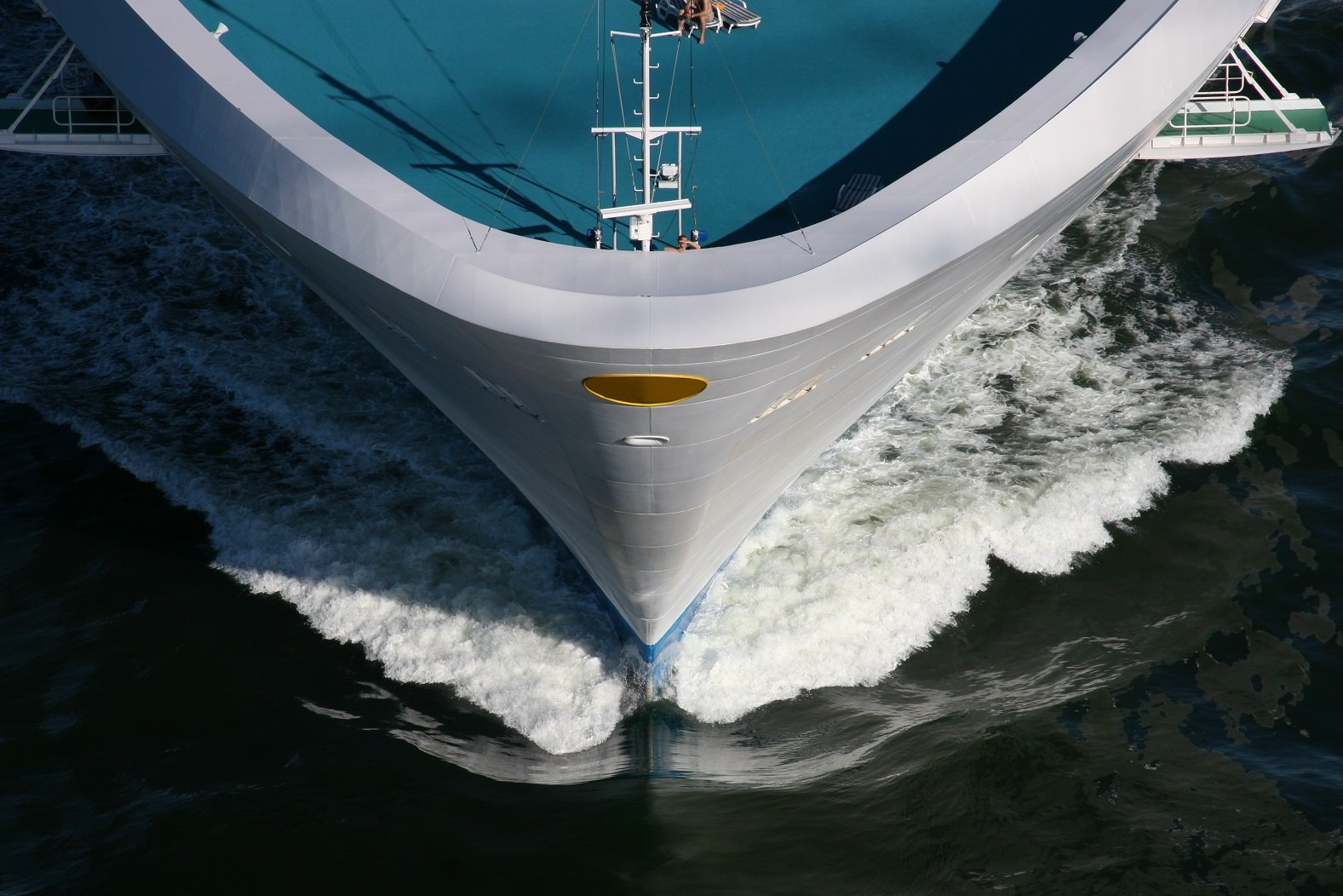Investors had concerns heading into Royal Caribbean's (RCL +2.80%) fiscal fourth-quarter report. The cruise ship giant had notched market-beating growth through most of the year, but that expansion pace appeared to be threatened by events such as the wildfires striking Australia and the Wuhan coronavirus outbreak in China.
In its earnings report this week, the company couldn't estimate the potential impact of that virus on earnings because the situation remained too fluid. But its strong global booking trends gave management confidence to project another record year ahead, despite an expected slow start in the fiscal first quarter.
Let's look at the results.

Image source: Getty Images.
Meeting expectations on earnings
Sales growth landed right where management said it would, with net revenue yields rising 8% for the full year after currency exchange swings are accounted for. That result was impressive for several reasons, including the fact that rival Carnival has been seeing flat yields in recent quarters. Royal Caribbean's 8% spike also occurred despite the major headwinds of canceled access to Cuba for U.S. itineraries and an unusually active hurricane season. More than offsetting these challenges was the launch of a new cruise terminal in Miami, the addition of the Silversea brand, and cruise experience improvements across the fleet.
The profit picture wasn't quite as bright, with cruise costs outpacing revenue for the quarter and the year. The fourth-quarter expense spike was especially large and included the impact of charges related to Hurricane Dorian. Still, the company managed to boost adjusted net income to $2 billion for the year compared to $1.9 billion in 2018.
Charting the course for 2020
Royal Caribbean's 2020 outlook was broadly positive, but also included a few points of concern for shareholders. On the bright side, management sees healthy booking trends for its core business in the U.S. and European markets. Ticket volume is on the upswing even as pricing rises, which should help net revenue yields rise by between 2.25% and 4.25% to add to last year's 8% surge. "Our yield outlook for 2020 is very encouraging," CFO Jason Liberty said in a press release, "with higher pricing on top of an exceptional 2019 performance."
On the other hand, executives said that it is clear that the coronavirus outbreak will harm revenue in China at least through the first quarter. That market is responsible for about 6% of Royal Caribbean's annual sailing capacity. Cruise demand is also temporarily depressed by the brush fires in Australia, management said.
These regional challenges, plus the continued pressure from the loss of Cuba as a destination, will lead to a rare sales decline in the fiscal first quarter even as cruise costs rise by 3%. Royal Caribbean's outlook implies that consumer trends will improve significantly from that point.
However, executives were careful to note that the virus outbreak in China represents a highly fluid situation, with impacts that are impossible to estimate at the start of fiscal Q1. As a result, the company's growth and profit outlooks don't incorporate any projections of how the coronavirus might pressure demand. Instead, investors will have to watch for official updates that Royal Caribbean plans to issue as soon as the situation stabilizes.






